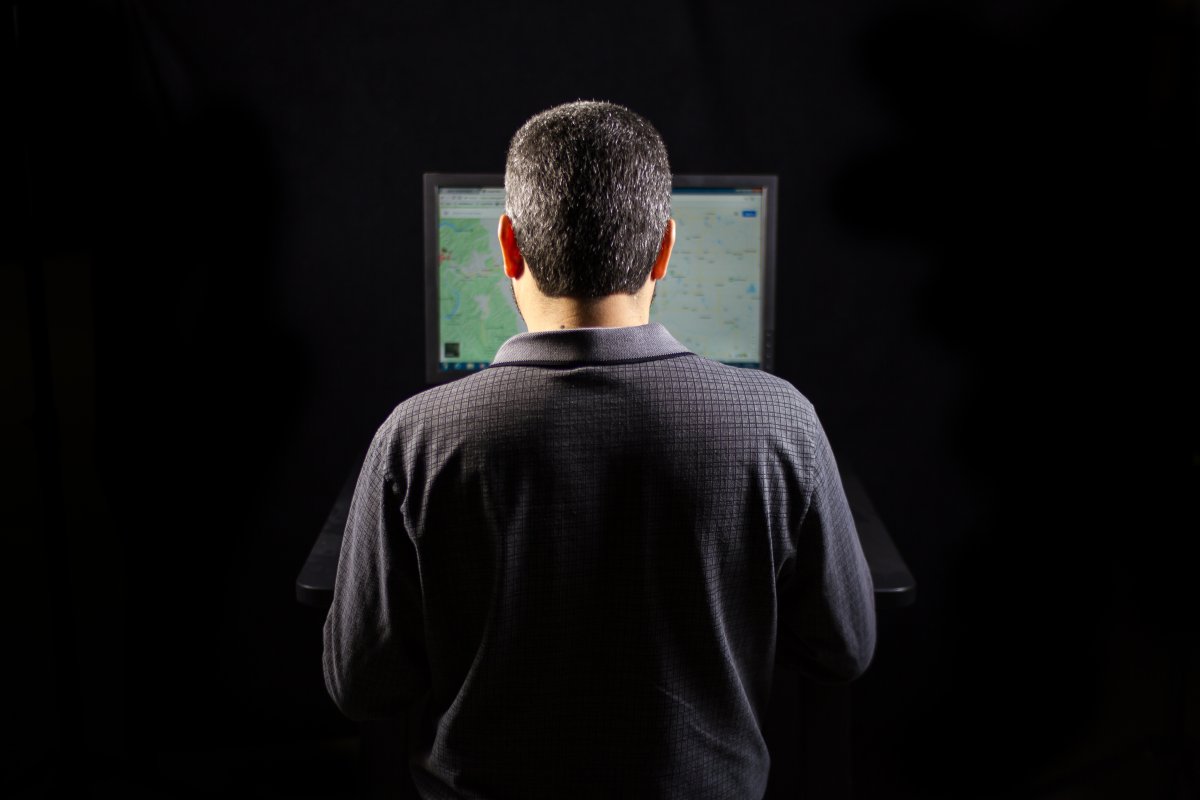You can find out a lot about a person on social media — where they live, their hobbies and interests, their jobs and birthdays.

In some instances, when the right people are looking – like police investigators – they can also find out what motivated a person to engage in criminal activity on the internet.
As social media has become more prevalent in daily life, police are constantly having to adapt their investigation techniques to encompass cybercrimes like online threats or posts containing illegal material.
One of the investigative steps, according to Calgary Police Service (CPS) Staff Sgt. John Guigon with the behavioural sciences unit, is trying to get inside the brain of someone who posts a threat online, whether real or fake.
“One single thing doesn’t make a threat viable, but if you start having clusters of these things, we would be more concerned,” Guigon told Global News.
Investigators are looking for indicators like mental health issues, drug and alcohol dependency, social isolation, uncontrolled anger, a history of violence and access to firearms.
“It’s a little bit more than just a pure procedural thing,” Guigon said.
“You have to sort of understand what a person is thinking. Why would they be doing this? What’s driving them? Do they understand what could come of their actions?”
Watch from January 2018: An American living in L.A. is facing charges in Calgary after allegedly making a swatting call. Gary Bobrovitz reports.

Guigon said tips about online crimes come from a variety of sources, but most are coming from Calgary residents who see something worrisome online and call police. From 2016 to 2017, his unit saw an 18 per cent increase in the number of calls about suspicious online activity.
‘Every time they go on the internet, they leave footprints’

Get breaking National news
Guigon believes people feel a sense of anonymity when they’re on the internet, and mistakenly think police don’t take online threats and hoax calls as seriously.
“I think a lot of people don’t understand that every time they go on the internet, they leave footprints and fingerprints,” he said. “And there are a lot of people here that can trace them.”
- 4 dead, 17 wounded after being caught in crossfire in entertainment district in Birmingham, Alabama
- Kenneth Law responsible for ‘luring’ Ontario teen into suicide death, parents allege
- Hundreds defrauded in door-to-door Ontario scam, Canada-wide warrants issued
- Quebec’s public security minister accuses gangs of using teens ‘to do their dirty work’
Those finger and footprints are digital clues that investigators search for when responding to things like swatting calls and threats. Swatting is prank-calling emergency services in an attempt to spark a response from a large number of armed officers.
So why do people make such hoax calls?
“What they’re hoping to happen is to get as much attention as possible,” Guigon said. “They certainly don’t want to be caught, but they do want the accolades.”
“It’s not anonymous, they do require investigation,” RCMP spokesperson Cpl. Curtis Peters told Global News.
“It’s not trolling; it’s not a joke. We’ve seen these result in criminal charges that can follow a person for life.”
What makes people so bold online?
Along with threats against public places, as in the case of unspecified threats made in Calgary and Cochrane on March 7, police also receive reports of online threats against powerful people.
In January, Alberta RCMP charged a man with uttering threats after he reportedly posted threatening messages against Premier Rachel Notley and Prime Minister Justin Trudeau.
According to government statistics released in February 2017, Notley is the most threatened Alberta premier. In October 2015, Notley said online threats weren’t “out of the ordinary.”
“There’s this detachment from reality when you’re online,” Peters said. “You forget that you’re a human and the person you’re talking about is a human.”
Peters said he doesn’t know how much consideration people put into getting caught when posting on social media.
Those sentiments are echoed by Guigon, who said that in his 23 years of policing, he never imagined this is the kind of environment he’d be monitoring.
“Who would have thought there is a vast portion of our population that lives the majority of their lives online?” Guigon said.
“I think that could cause a disconnect with human beings… perhaps they don’t understand the actual ramifications of their actions.”
The CPS cyber-forensics unit is a leader in cybercrime investigations, with 35 authorized personnel covering everything from online threats to phishing scams.
The Calgary Police Service and Alberta RCMP take all online threats seriously and say each one is investigated thoroughly. In appropriate cases, charges are laid.









Comments